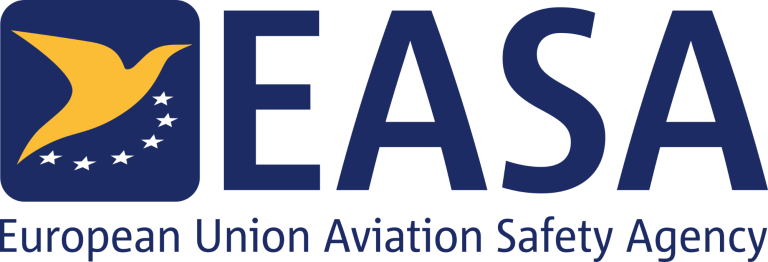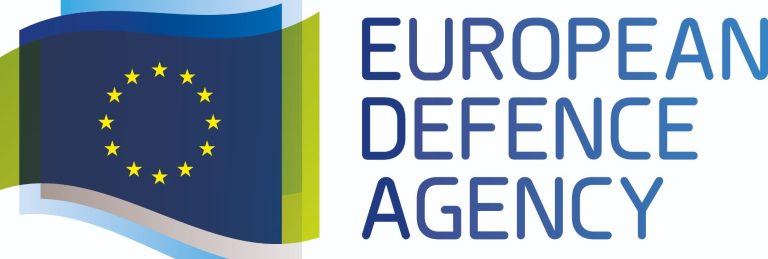
Who We Are
Highly qualified aviation specialists.
Our company has a long tradition in the European Aviation industry. It was founded in 1994 and has evolved as an international Global One Stop Shop MRO with more than 150 employees worldwide and 3 Global MRO Hubs. We pride ourselves on providing outstanding services and 24/7/365 AOG Capabilities.
Your One-Stop-Shop Solution for MRO Services
Skytex operates at the heart of the MRO (Maintenance, Repair, and Overhaul) aviation sector, offering comprehensive one-stop-shop solutions to our clients. We specialize in providing an extensive range of services, including but not limited to, routine maintenance, comprehensive overhauls, aircraft modifications, defect rectifications, and aviation consulting. Our mission is to simplify the MRO process, delivering exceptional service and quality while minimizing downtime for our clients. Leveraging our deep industry knowledge, cutting-edge technology, and skilled technicians, we ensure your aircraft remain where they belong - in the sky.
1. Aircraft Structural and Mechanical Maintenance
Airframe & Structural Services: We provide a wide range of airframe and structural services, including heavy maintenance and routine checks. Our team of certified technicians specializes in handling complex structural repairs, corrosion control, and airframe modifications.
Mechanical Services: Our mechanical services encompass critical systems such as landing gears, hydraulics, and engines. With a focus on safety and efficiency, we ensure all mechanical components of your aircraft operate at peak performance.
2. Interior and Exterior Maintenance
Cabin Retrofit: We offer comprehensive cabin retrofit services to enhance the passenger experience and optimize cabin space. From full cabin reconfigurations to the installation of the latest in-flight entertainment systems, we tailor solutions to meet your specific requirements.
Aircraft Painting: Our aircraft painting services combine aesthetic appeal with protective functionality. Using the highest quality paints and finishes, we deliver a stunning, durable finish that withstands harsh aviation environments and aligns with your brand image.
3. Parts and Engineering Services
Spare Parts: We understand the importance of minimal downtime in the aviation industry. Hence, we maintain a comprehensive inventory of spare parts, facilitating quick turnaround times for repairs and replacements.
Engineering Services: Our team of highly skilled engineers provides a wide range of engineering services. From minor modifications to major redesigns, we provide innovative solutions to optimize your aircraft's performance and efficiency.
4. Advanced Technology and Regulatory Compliance
Avionics: As technology continues to evolve rapidly, we stay at the forefront by offering advanced avionics services. Our expertise ranges from navigation and communication systems to complex electronic flight instrument systems.
CAMO (Continuing Airworthiness Management Organization): Compliance is crucial in the aviation sector. Our CAMO services ensure your aircraft meet all regulatory requirements for airworthiness. We provide efficient, thorough management and oversight of your aircraft's maintenance program.
7
GLOBAL OFFICES
250
PARTNERS
150+
EMPLOYEES
Our Agreements and Certifications

Part 145
Part 145 is the European standard for the approval of organisations that perform maintenance on aircraft and aircraft components that are registered in EASA Member States.

EMAR 145
EMAR 145 regulates many of the core maintenance activities of military-run maintenance organisations (known as Military Maintenance Organisations (MMOs).

Part 21
Part 21 is the regulation that provides the regulatory framework to conduct certification of products and parts. This includes the engineering, airworthiness, production and quality systems.

CAA UK
The Civil Aviation Authority is the statutory corporation which oversees and regulates all aspects of civil aviation in the United Kingdom.

EN 9110
EN 9110 Quality Management System (QMS) is for organisations responsible for the maintenance, repair and overhaul of aerospace/defence parts. It places additional demands on key aspects of the QMS relating to aerospace and defence.

ISO 9001
ISO 9001 is defined as the international standard that specifies requirements for a quality management system (QMS). Organizations use the standard to demonstrate the ability to consistently provide products and services that meet customer and regulatory requirements.

